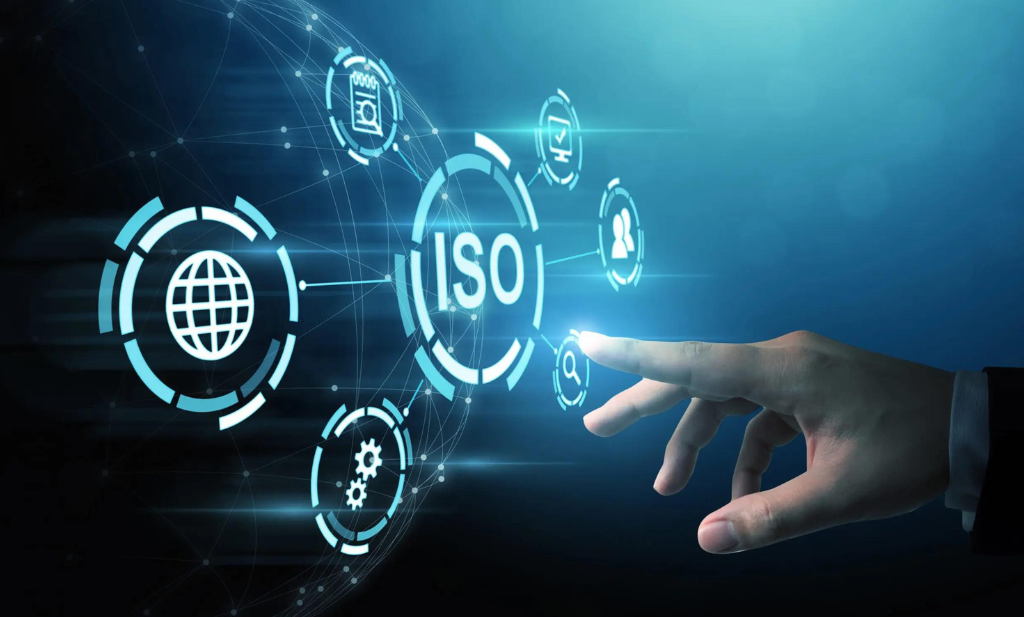- May 25, 2023
- by Emmanuel
- Calibration
Customers frequently inquire about the distinction between traceable and certified calibrations when attempting to identify what their goods require. Knowing the significance of each can assist in ensuring that all calibration requirements are completed.
A NIST traceable calibration is one in which a manufacturer or calibration laboratory certifies that the standards used to calibrate a product or device are traceable to the International System of Units (SI) via an unbroken chain of comparable measurements to the National Institute of Standards and Technology (NIST), a U.S. Department of Commerce agency. A broader description of traceability recognizes that metrological traceability to SI may be achieved through any accredited national metrology institution, not just NIST. This sort of calibration does not reflect or determine the degree of expertise of the calibration crew or laboratory. It primarily indicates that the calibration standard is traceable to NIST or another recognized metrology institution (RMI).
An ISO/IEC 17025 approved calibration is globally recognized. The ISO 17025 accreditation certifies the calibration laboratory’s competency. According to ISO 17025, any number of national metrology institutions, such as the NIST, must be internationally approved for acceptable measurement traceability. A third-party organization, such as A2LA, NAVLAP, or any number of other ILAC-MRA signatory organizations, is one way to show metrological traceability. These organizations evaluate the laboratory and its operations in order to determine the laboratory’s competence to perform calibrations and provide accredited calibration results. The certificate is linked with the scope of work for which the laboratory has been accredited. The laboratory is audited on a regular basis to verify that it is still in accordance with the ISO/IEC 17025 standard.
Because the discipline of calibration is assessed in addition to the traceability of the standards, ISO/IEC 17025 approved calibration may be regarded a step above NIST calibration. Furthermore, the ISO/IEC 17025 calibration comprises not only the measurement traceability, but also the measurement uncertainties of the calibration findings.
What is the difference between NIST traceable (or comparable) calibration and ISO/IEC 17025 calibration?
The decision is frequently made by a company’s quality manual or the quality department. The selection might also be influenced by how the equipment requiring frequent calibration will be utilized. For example, if the equipment is utilized in a vital application and the firm faces responsibility if something goes wrong, ISO/IEC 17025 calibration may be worth considering. If the device is used primarily for reference purposes in a low-risk environment where the measurement must be “close enough,” a NIST traceable calibration is most likely all that is necessary.
Critical measurements include altimeters in airplanes, nuclear plant temperature, flow measurements in which flow or volume is connected with a monetary value, and medical equipment that monitors air pressure.
Tire gauges, process gauges that indicate good or bad (usually with green and red areas on the dial face), pressure switches and pressure dial gauges used in air compressors, or torque wrenches used in auto repair shops are examples of non-critical, low risk measurement devices that may be suitable for NIST calibration.
It is ultimately the duty of the device’s owner to decide the proper form of calibration necessary – NIST or ISO/IEC 17025 approved – to guarantee the calibration fulfills the criteria of their industry.
More information about the ISO/IEC 17025 standard may be obtained on the International Organization for Standardization (ISO) website and the International Laboratory Accreditation Cooperation (ILAC) website.
Let Gulf Coast Manage Your Calibration Schedule.
Are you looking for calibration services, or is your equipment producing out-of-the-ordinary results? If so, you’ve come to the right place. Gulf Coast Calibration has over 40 years of expertise and has developed to become one of the Gulf Coast region finest weighing equipment and calibration firms. Our calibration services, which encompass equipment in a variety of sectors, are provided through our in-house laboratory or on-site at our clients’ facilities.
Call us to discuss your calibration, test or repair needs at:
713.944.3139.



